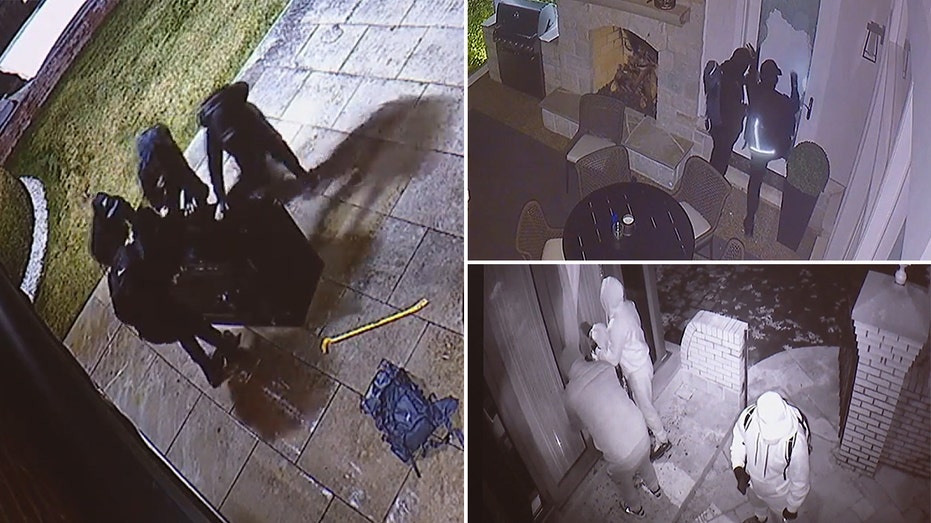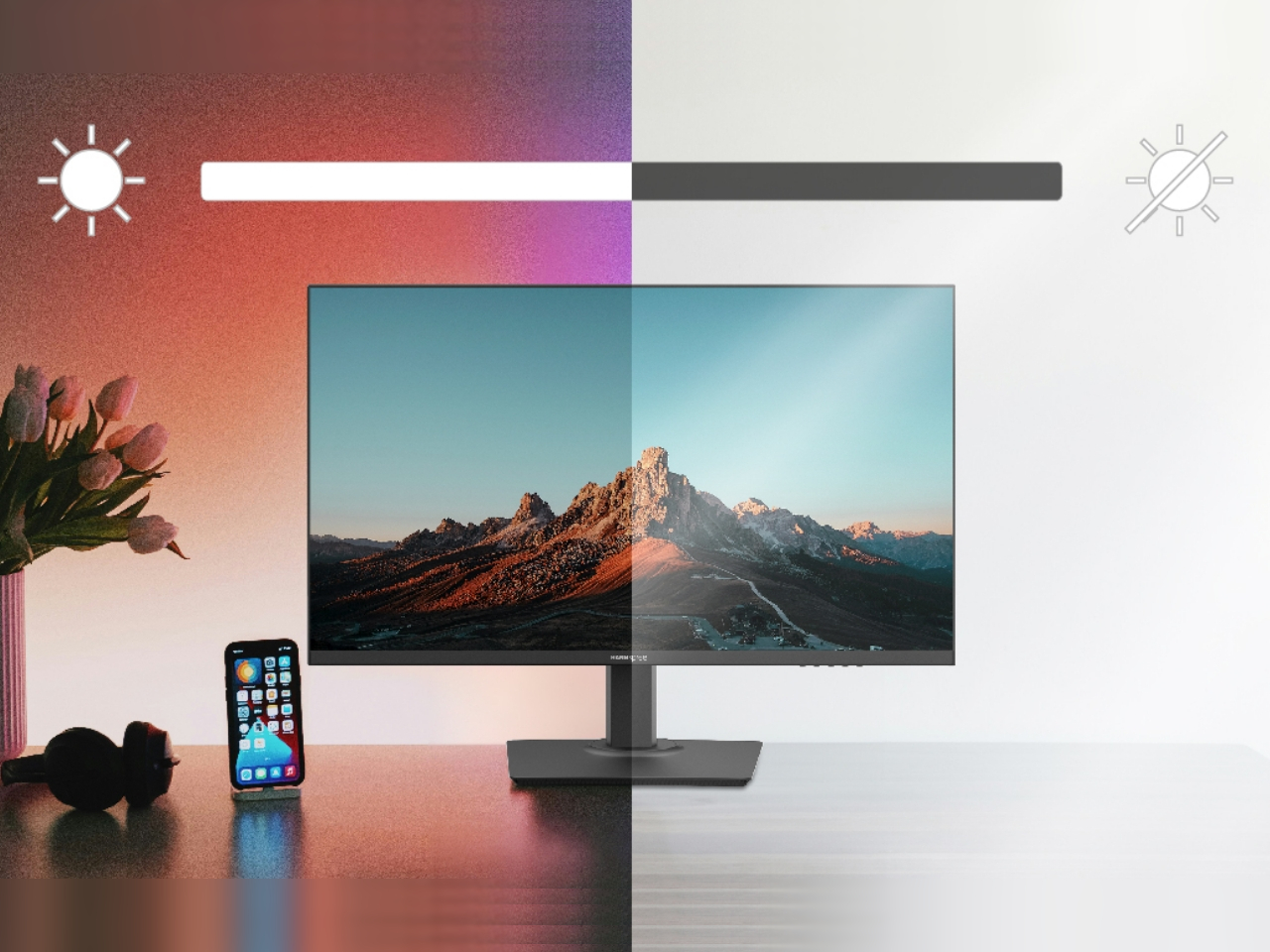Starting with Self-Hosting
My new obsession is self-hosting. And I’m not even saying “VPS” (and yes, I know about the OCI one), I’m saying having a physical server at arms reach like the “webmasters” of old. What I’m using It’s not the best rig, but I have 5 HDDs of 4 TB each (with an extra slot for later), but using RAID 6, so I have around 11 TB of usable space and I can blow up 2 drives and still lose no data. I also have 128 GB RAM, half of which will go to the NAS to be used for the ZFS cache. Glossary I learned a lot, but I also know that I had to learn a lot to understand what I’m able to say now. VPS - Virtual Private Server (basically a server someone else hosts for you) OCI - Oracle Cloud Infrastructure (think AWS. The thing I’m referring there is that you can claim some free VPS there. The amd64 are micro instances, but the arm64 is crazy good totaling with 4 cores, 24 GB RAM, and 200 GB disk to use however you want). RAID Level - It’s a way to distribute data in multiple disks with duplication in a way you can lose what's in one (or more) disks and don’t lose the data. ZFS - a file system like the more “normal” ext4 for Linux, NTFS for Windows, and FAT for external drives. ZFS has advantages over those for use cases like for a NAS. NAS - Network-Attached Storage (think Google Drive). VM - Virtual Machine (basically a machine running on another machine) KVM - “keyboard, video, and mouse” (there are devices that let you control multiple devices with one set of those, some that work over the internet so you can hard reboot and access BIOS settings without physical access to the hardware) Why self-host There’s a lot you can do with a private server, not to mention it will teach you a lot about computers, networks, and how to use your hardware... You can host utilities and services for you to use (and even share with family and friends) and, of course, host your own services for the world to use. Cost Initial investment might be high if you just buy new hardware like I did, but if you already have some old PC/Laptop lying around, you can just start there. Not to mention one or more Raspberry Pi in the mix. Hardware aside, there will be a time investment (especially if you don’t read the articles to come =P) to make everything work initially. But when you check the costs for storing TBs of data, plus VPN, plus other services… You can also compare with VPS costs. Few cores with some RAM can easily go into “I could just buy some Pi every year and host myself”. And, obviously, you can host things you build yourself and easily handle hundreds of requests per second without breaking a sweat (most likely even thousands). Disclaimer: this might (or not) reflect what I keep repeating myself to justify buying the rig XD. Oh well… Privacy I don’t have much expectation of it anymore, but having control of some is nice and I haven’t even scratched the surface. NAS One of the things I’m planning with it is for a NAS, primarily for backups, but the more you learn, the more you can use it. I can run VMs with disks from the NAS and depending on how the services running it uses the disk… I say I wouldn’t know it’s running on spinning HDDs. If you’re planning on sharing only within your home, it’s pretty straightforward to mount and use as a “normal disk” on your computer. On ethernet cable, if the devices are on 10 GB ports, I understand people can edit 4K video as if the files were on their drives. My laptop on wifi could handle files fast enough for my needs that I didn’t even notice they weren’t on my machine. ARR Stack Some play with the ARR Stack (no glossary for this one =p). It’s interesting to play and learn how it works and I guess it has its uses to… hmm… sharing Linux distros or something like that. Network-wide Ad Blocking One of the first things I “installed” was a Pi-Hole, a DNS resolver that you can use as a DNS sinkhole. By using lists to have network-level ad blocking, it will work on your computer, phone, and even smart fridge. It works by saying that https://ads.and.more.ads.com is at 0.0.0.0, making ads fail to work. It also makes you use less data since you don’t need to “download” all the assets even if you use another ad blocker on the browser. There are also lists to block some tracking and metrics… and from what I heard… people with children can use custom parental filters and also have the power to “turn off” the internet for kid's devices. “Private” VPN Running a VPN (Virtual Private Network). Since I’ll be away from the server for long stretches of time, I want to be able to access it from anywhere in the world and also be able to not care about being on public networks. All traffic is encrypted and will end up going out from your server even if you’re on a sketchy wifi labeled “free wifi” (seriously, even then don’t use that). I was already “convinced” to buy some VPN, mostly because I knew I

My new obsession is self-hosting. And I’m not even saying “VPS” (and yes, I know about the OCI one), I’m saying having a physical server at arms reach like the “webmasters” of old.
What I’m using
It’s not the best rig, but I have 5 HDDs of 4 TB each (with an extra slot for later), but using RAID 6, so I have around 11 TB of usable space and I can blow up 2 drives and still lose no data. I also have 128 GB RAM, half of which will go to the NAS to be used for the ZFS cache.
Glossary
I learned a lot, but I also know that I had to learn a lot to understand what I’m able to say now.
- VPS - Virtual Private Server (basically a server someone else hosts for you)
- OCI - Oracle Cloud Infrastructure (think AWS. The thing I’m referring there is that you can claim some free VPS there. The amd64 are micro instances, but the arm64 is crazy good totaling with 4 cores, 24 GB RAM, and 200 GB disk to use however you want).
- RAID Level - It’s a way to distribute data in multiple disks with duplication in a way you can lose what's in one (or more) disks and don’t lose the data.
- ZFS - a file system like the more “normal” ext4 for Linux, NTFS for Windows, and FAT for external drives. ZFS has advantages over those for use cases like for a NAS.
- NAS - Network-Attached Storage (think Google Drive).
- VM - Virtual Machine (basically a machine running on another machine)
- KVM - “keyboard, video, and mouse” (there are devices that let you control multiple devices with one set of those, some that work over the internet so you can hard reboot and access BIOS settings without physical access to the hardware)
Why self-host
There’s a lot you can do with a private server, not to mention it will teach you a lot about computers, networks, and how to use your hardware...
You can host utilities and services for you to use (and even share with family and friends) and, of course, host your own services for the world to use.
Cost
Initial investment might be high if you just buy new hardware like I did, but if you already have some old PC/Laptop lying around, you can just start there. Not to mention one or more Raspberry Pi in the mix.
Hardware aside, there will be a time investment (especially if you don’t read the articles to come =P) to make everything work initially.
But when you check the costs for storing TBs of data, plus VPN, plus other services… You can also compare with VPS costs. Few cores with some RAM can easily go into “I could just buy some Pi every year and host myself”.
And, obviously, you can host things you build yourself and easily handle hundreds of requests per second without breaking a sweat (most likely even thousands).
Disclaimer: this might (or not) reflect what I keep repeating myself to justify buying the rig XD. Oh well…
Privacy
I don’t have much expectation of it anymore, but having control of some is nice and I haven’t even scratched the surface.
NAS
One of the things I’m planning with it is for a NAS, primarily for backups, but the more you learn, the more you can use it. I can run VMs with disks from the NAS and depending on how the services running it uses the disk… I say I wouldn’t know it’s running on spinning HDDs.
If you’re planning on sharing only within your home, it’s pretty straightforward to mount and use as a “normal disk” on your computer.
On ethernet cable, if the devices are on 10 GB ports, I understand people can edit 4K video as if the files were on their drives.
My laptop on wifi could handle files fast enough for my needs that I didn’t even notice they weren’t on my machine.
ARR Stack
Some play with the ARR Stack (no glossary for this one =p).
It’s interesting to play and learn how it works and I guess it has its uses to… hmm… sharing Linux distros or something like that.
Network-wide Ad Blocking
One of the first things I “installed” was a Pi-Hole, a DNS resolver that you can use as a DNS sinkhole.
By using lists to have network-level ad blocking, it will work on your computer, phone, and even smart fridge. It works by saying that https://ads.and.more.ads.com is at 0.0.0.0, making ads fail to work. It also makes you use less data since you don’t need to “download” all the assets even if you use another ad blocker on the browser.
There are also lists to block some tracking and metrics… and from what I heard… people with children can use custom parental filters and also have the power to “turn off” the internet for kid's devices.
“Private” VPN
Running a VPN (Virtual Private Network).
Since I’ll be away from the server for long stretches of time, I want to be able to access it from anywhere in the world and also be able to not care about being on public networks.
All traffic is encrypted and will end up going out from your server even if you’re on a sketchy wifi labeled “free wifi” (seriously, even then don’t use that).
I was already “convinced” to buy some VPN, mostly because I knew I would be on public wifi from airports/hotels, and one of the biggest problems with it i that some services block you when using a VPN (since commercial VPN IPs are basically “public” and well known), but with a “private” VPN then it would be like using your home network… and if you don’t have a problem there, you probably won’t have a problem anywhere.
“Replace Google” and other Services
Without paying for more space, you probably have to delete some things or maybe juggle having multiple accounts.
Google Drive and Photos are first on my list. There are awesome alternatives that you can host yourself and be limited only by your own hardware.
There is just so much you can do… I recommend checking https://awesome-selfhosted.net to see if anything piques your interest.
Offload your devices
Instead of keeping everything on my computer or phone, I can just have VMs running things I want to be done there and then just use or download if/when needed on my device.
One example: you have a potato PC lying around but have a good internet. You can connect to a VM in your server and use it instead.
What I’m really thinking is automating some things I do every day/week and just getting the results later. Hell, might as well run some LLM and mix in the pipeline there.
Since I’m planning on checking out some other distros, this would allow me to have a “working PC” if I need to do anything before fixing any problems I have.
Self-Host your projects
I mean… I know it seems a “lost art” to some, but learning to self-host on “bare metal” is teaching me a lot and I plan to do a lot with it.
I’m writing this to my “future-past-self”
I’m sure I’ll forget most of the little fixes I did along the way and it will come to bite me later. I’ll probably rediscover some as I fix or when I set a new node and then I might stumble upon this… so, future-past-self.
My goals with self-hosting
I want things for me (pi-hole, NAS, VPN) but also to self-host services to the internet.
I’m on a timer because I have to do things that might screw up the server now since later I won’t have easy physical access to it. A KVM switch over IP would help with it, but unfortunately, I don’t have it… yet.
But after that critical part, I still need ways to connect from wherever I will be.
And, BTW, within minutes of setting a DNS record, I got a lot of (probably malicious) requests (and I didn’t even have anything there!) so security is a high priority, and then some segregation for “management” and “services” on top if I can manage.
After this base is done I can then work on the “fun stuff”.











































































